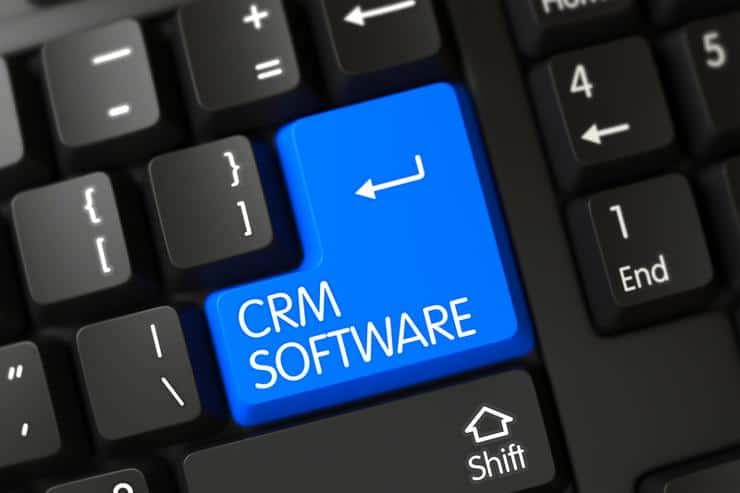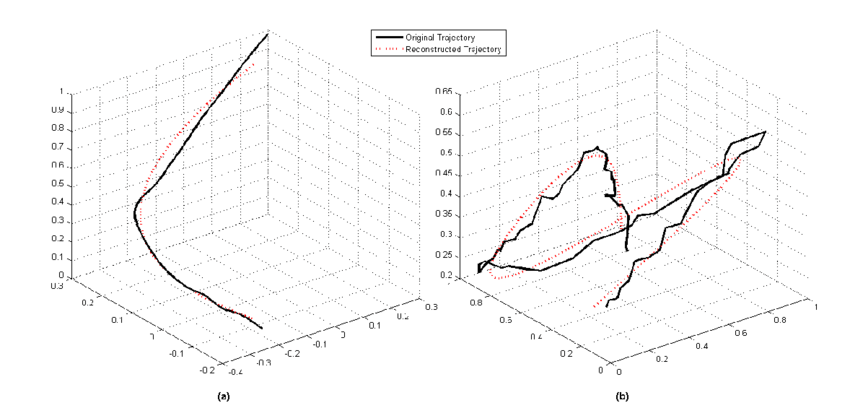Before you read the dozen tips for you to design a CRM, two recommendations are below. The first is that you automate the entire relationship process with your customers. And the second is that you have a tool that helps you manage all the information you generate. Not doing the above will cause you enormous confusion when making commercial decisions that will obviously end up affecting the development of your company. And doing so will allow you, instead, to generate new opportunities, as well as more efficiently manage your purchases, your sales …; In short, your treasury, because you will know in detail, among other things, what your customers buy you, who, when and how, when and how they pay you, and what needs you have.
At a minimum, a business agenda
Regardless of what your company is dedicated to – for which you would have to make specific classifications – group them into customers, suppliers, etc. You can also categorize them by products, services, etc. And make segmentations, as many as easier it is to locate them. The more defined your profiles are, the better to link the information you generate: it will let you know what and how you can sell them.
The more data, the better
In addition to identifying and contact information, collect all possible information from each of your clients. What and when does it buy you? Do you buy at your own request or do you have to encourage it? What is the time between one purchase and another? When and how do you pay? What demands does it make? What doubts and needs do you have? What do you think of your products, if you have ever bought them or, if you have not already done so, what do you think about the ones you offer? It establishes from the beginning a system of filtering of that information. Prepare the interviews to know what you are going to ask him. Offers test samples (when necessary). Research what relationships you have with other similar products and / or services. With all that, you will have an idea of what you may need and what you can offer.
The maturation of a sale
It is often forgotten that a sale only ends when it is charged, because we may charge it late and badly or even never. In a previous advice, we talked about the importance of collecting, writing down and recording as much information as possible about the contact and the steps we have made with our clients: time, place, hobbies, tastes, ideas, proposals, comments that you have made, etc. All that is good to know what has been the maturation period of a sale since we got the first lead until we became a customer. All this information will allow you to know how much time, money and resources you have invested to capture that client and what are the periods of maturity of sale of each product and service, and thus spend more or less time, resources and investment.
Link the entire process The management process with customers is not tight. Its success depends on linking all the areas involved. It is useless for a commercial to make calls and visits, if that data is not shared with other departments: accounting, logistics, marketing, etc.





